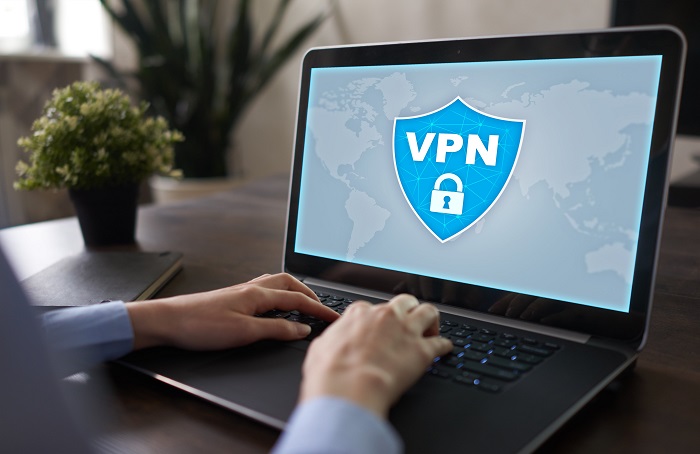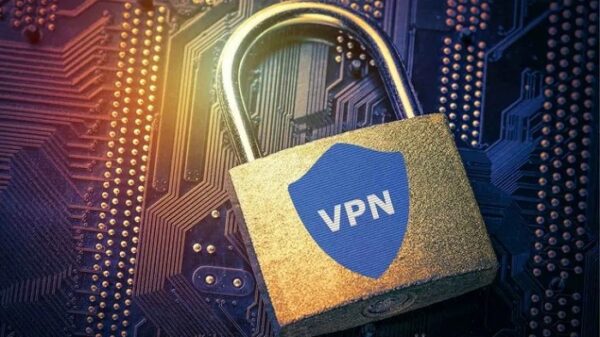Virtual Private Networks (VPNs) have become indispensable tools for internet users seeking to enhance their privacy, security, and online freedom. Whether you’re concerned about protecting your personal data, accessing geo-restricted content, or safeguarding your online activities from prying eyes, VPNs offer a comprehensive solution. In this article, we’ll delve into everything you need to know about VPNs, from how they work to their myriad of benefits and considerations for selecting the right VPN service.
1. What is a VPN?
At its core, a VPN is a technology that creates a secure, encrypted connection over the internet. By routing your internet traffic through a remote server operated by the VPN provider, VPNs mask your IP address and encrypt data transmissions, ensuring that your online activities remain private and secure from potential threats, such as hackers, government surveillance, and malicious third parties more details.
2. How Does a VPN Work?
When you connect to a VPN server, your device creates a secure tunnel through which your internet traffic is routed. This tunnel encrypts your data transmissions, making it virtually impossible for anyone to intercept or decipher your information. Additionally, by masking your IP address with the IP address of the VPN server, hidden vpn conceal your online identity, allowing you to browse the web anonymously and bypass geo-restrictions.
3. Benefits of Using a VPN:
- Enhanced Privacy: VPNs protect your online privacy by encrypting your data transmissions and masking your IP address, preventing ISPs, advertisers, and other third parties from tracking your online activities.
- Improved Security: By encrypting data transmissions, VPNs safeguard sensitive information from interception by hackers and cybercriminals, particularly when connected to public Wi-Fi networks.
- Access to Geo-Restricted Content: VPNs enable users to bypass geographical restrictions imposed by content providers or governments, allowing access to region-locked content, such as streaming services, websites, and social media platforms.
- Safe Torrenting: VPNs provide an additional layer of security for individuals engaging in peer-to-peer file sharing activities, protecting against legal repercussions and exposure to malware.
- Secure Remote Access: VPNs facilitate secure remote access to corporate networks for employees working from home or traveling, ensuring the confidentiality and integrity of sensitive company data.
VPNs have emerged as indispensable tools for individuals seeking to enhance their online privacy, security, and freedom. By encrypting data transmissions, masking IP addresses, and providing secure access to the internet, VPNs empower users to reclaim control over their online activities and protect sensitive information from potential threats. When selecting a VPN service, prioritize factors such as security features, server network, connection speed, compatibility, and customer support to find the best solution tailored to your needs,a good choice in this area is the service — https://hide.expert/en which provides you with complete safety and guarantees absolute reliability. Embracing the power of VPN technology is not just a matter of convenience but a proactive step towards ensuring digital privacy and security in an increasingly interconnected world.







